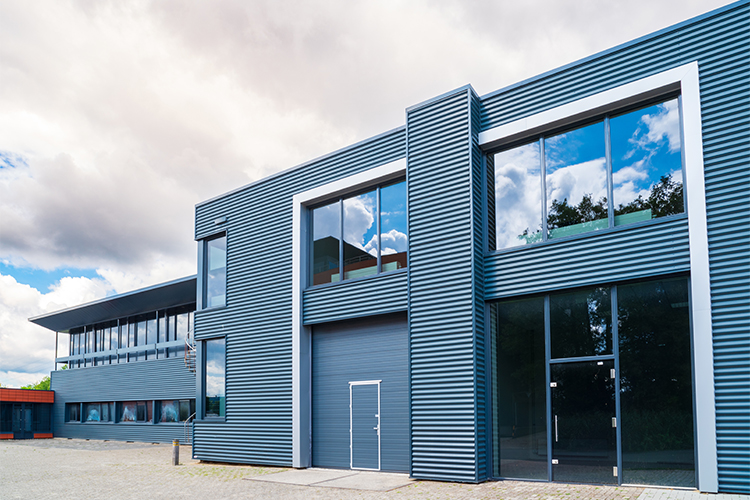Many businesses start off at the kitchen table, but when they begin to grow, the business’s owners will need to consider relocating to larger premises.

If this sounds like you, and you are thinking of taking out a commercial lease, then now is the time to take legal advice, as the world of the commercial lease has multiple legal implications.
It is important to understand what you are paying for (as this will be a sizable proportion of your overheads), your obligations, your landlord’s obligations, and what options you have should you wish to move on.
This largely depends on the nature of your business, whether you are looking for office space, room for manufacturing or perhaps a facility with warehousing.
Flexible office space can be a great option, and there is plenty available. Here, you can choose the size and type of space you need, and your monthly payments will generally include utilities. You are also likely to have scope to flex up (if you grow) or even to downsize.
Contracts will vary between different serviced office providers, but they often provide short notice periods (as little as one month), so you are not tying yourself into a lengthy stay. Your solicitor can explain the terms to you, so you understand exactly what you are committing to.
You may instead choose premises that have a more conventional lease, and here you will certainly need legal advice before you sign up.
The terms of the lease will outline the exact space and area you are leasing, with a detailed description and plan. This is important, as you need to know if you are taking on just the interior, for example, or if the exterior is included. Make sure you ask your solicitor to explain exactly what you will be responsible for.
You also need to know what other areas you will be allowed to access, such as common areas (like stairwells), car parking, or any equipment. Again, this needs to be outlined in the terms of the lease, so it is a clear agreement between you and the landlord.
As we mentioned, with serviced office space this can be very flexible. But with a conventional lease, there is minimal flexibility, so you need a good understanding of how much space you require, potentially factoring in room for expansion, as you are likely to be there for a number of years.
The lease will have a fixed term. If you want the option to terminate it early, you might be able to negotiate the inclusion of a break clause. However, if you fail to meet your obligations, the landlord may seek to terminate the lease early. Otherwise, if your business circumstances change, your alternatives are to find someone to take over the lease or negotiate directly with the landlord. We’ve blogged previously about how to get out of a commercial lease – you can read our post here.
Rent is clearly the main outlay. Other services provided by the landlord – such as business rates, insurance, utilities, internet and services – could be factored into the rent, or you pay for these on top. Make sure you ask your solicitor to explain what costs you have to pay and whether VAT is applicable.
Under the terms, the rent may be reviewed at intervals, this can be anything from every five years for a longer lease, or perhaps annually and linked to inflation. Again, it is important to understand what you are signing up to.
At the beginning of the lease, you will need to pay a deposit (typically three to six months’ rent) which should be returned to you at the end of the lease, provided you have met your obligations.
Terms of a lease will vary from landlord to landlord, but some requirements upon you (the tenant) are common to all. These are:
If you are thinking of relocating your business, and would like advice on a commercial lease, our legal team will be happy to help. We specialise in conveyancing and property law for businesses and homeowners in Swindon, Wiltshire, Cheltenham, Gloucestershire and the surrounding area. Please get in touch.